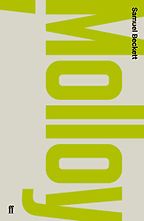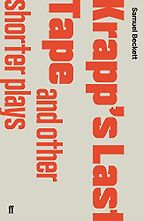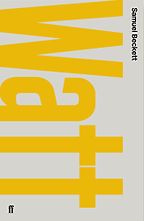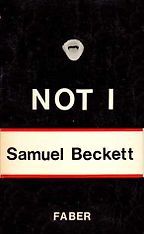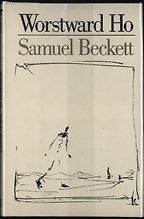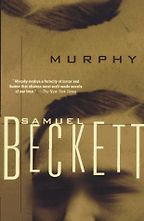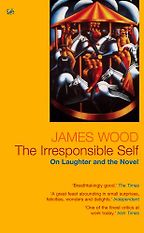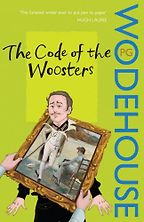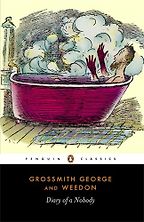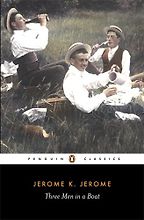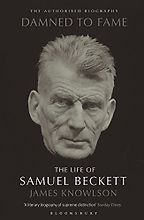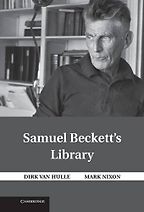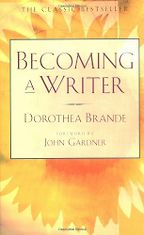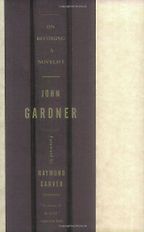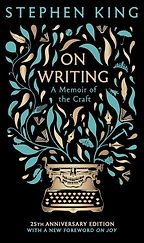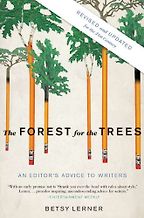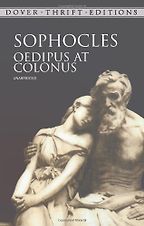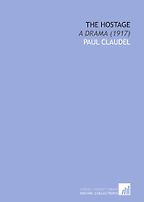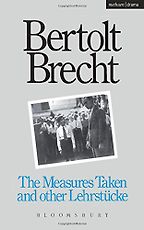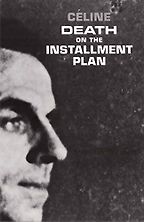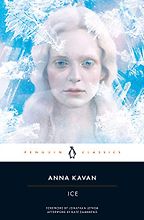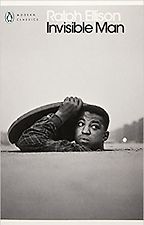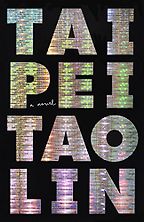Books by Samuel Beckett
“The critic Wolfgang Iser pointed out the great, dynamic paradox of the novel. On the one hand, the world it describes—a confusing and confused reality confronted by a character who suffers from multiple and often nameless disabilities—is incredibly bleak. But on the other hand, each sentence manifests a creative energy and intensity that reveals life at its fullest and richest. What should reduce one to tears, or to stoicism, instead convulses one with laughter—an extreme excitation of the organism. Molloy shows how modernism makes something out of nothing. And I mean that in a spiritual sense—the book causes us to feel awe and terror at the emergence of form out of emptiness.” Read more...
Michael Clune, Literary Scholar
“It’s essentially a reflection of a life and the way in which, as Beckett had already said in an essay on Proust that he wrote as a young man, that there is no such thing as an individual, only a succession of individuals.” Read more...
Mark Nixon, Literary Scholar
“This is perhaps even more unique than his other writings…Here, Beckett finally seems to find his own voice…Purely linguistically, it is completely different. In its arrangement, the syntax predicts Beckett’s change to French in 1945 and 1946. It is a book that shows him reformulating who he is as a writer and finding his voice. That, for me, is why it’s such a fascinating book. At the same time, it’s just one of the funniest books by Beckett purely because he pushes his critique of rationality to its absolute limit. It shows the irrationality of rationality if taken to extremes.” Read more...
Mark Nixon, Literary Scholar
“They all push our subjective experience to its extreme, they all enact what Lacan calls ‘subjective destitution.’ In every play, the hero is pushed beyond a certain limit, out of the domain in which rules of normal human existence apply; he or she finds him or herself in what Lacan called ‘between-the-two-deaths'” Read more...
Slavoj Žižek on His Favourite Plays
Slavoj Žižek, Philosopher
“It’s a work that shuns adjectives. It’s a work that shuns plot. It’s a work that tries to replicate the act of the imagination. It’s a narrative voice that has no location and has no origin, in many ways, constructing or reconstructing images.” Read more...
Mark Nixon, Literary Scholar
“if you think about Murphy, what happens if I evacuate character, plot and emotional interest, what remains to this novel? There’s a way in which, when people criticise Murphy, I understand, because there’s a lot that’s adolescent in it – the glee of taking the sacred cow and punching holes in it. But what I like about these books is that they both have a weird sort of warmth and energy and liveliness, almost as if they had tried to empty the novel of character and just can’t quite do it. And there’s a note, too, of genuine humility. Murphy, for example, who is a kind of a Beckett projection, mocks the Puritans, but hates sex. At least the Puritans wanted to have children. Murphy’s not even sure if that’s a good idea.” Read more...
The best books on The Comic Novel
Allen MacDuffie, Literary Scholar
Interviews where books by Samuel Beckett were recommended
The best books on The Comic Novel, recommended by Allen MacDuffie
Literature teacher from the University of Texas says the intelligence behind the confusion in comic novels must be essentially benign – like being tickled.
The Best Samuel Beckett Books, recommended by Mark Nixon
Samuel Beckett remains one of the most significant writers of the twentieth century. Ruthlessly experimental, his plays, novels, and poems represent a sustained attack on the realist tradition. Dr Mark Nixon looks at the mutating nature of Beckett’s literary style and explains why he didn’t choose Waiting for Godot.
The best books on Creative Writing, recommended by Andrew Cowan
The professor of creative writing at UEA says Joseph Conrad got it right when he said that the sitting down is all. He chooses five books to help aspiring writers.
Slavoj Žižek on His Favourite Plays
The philosopher and cultural critic recently made a foray into drama when he reworked Sophocle’s Antigone—not out of admiration for the original, but to examine the “stupid and morally problematic” character at its heart. Here he selects five plays he admires—but declines to see performed.
The Best Modernist Novels, recommended by Michael Clune
Modernist novels emerged as a reaction against modernity but, in their focus on inner consciousness, captured the experience of living life like never before. American writer and critic Michael Clune picks five of the best modernist novels from 1936 up to 2013. Modernist literature is still with us, he explains, because what it was reacting against is still with us.
